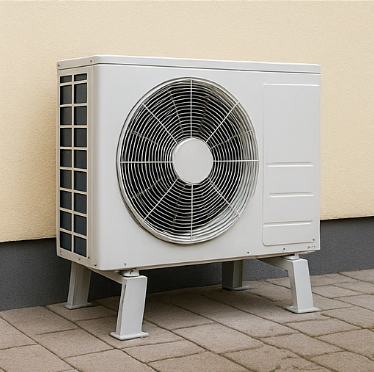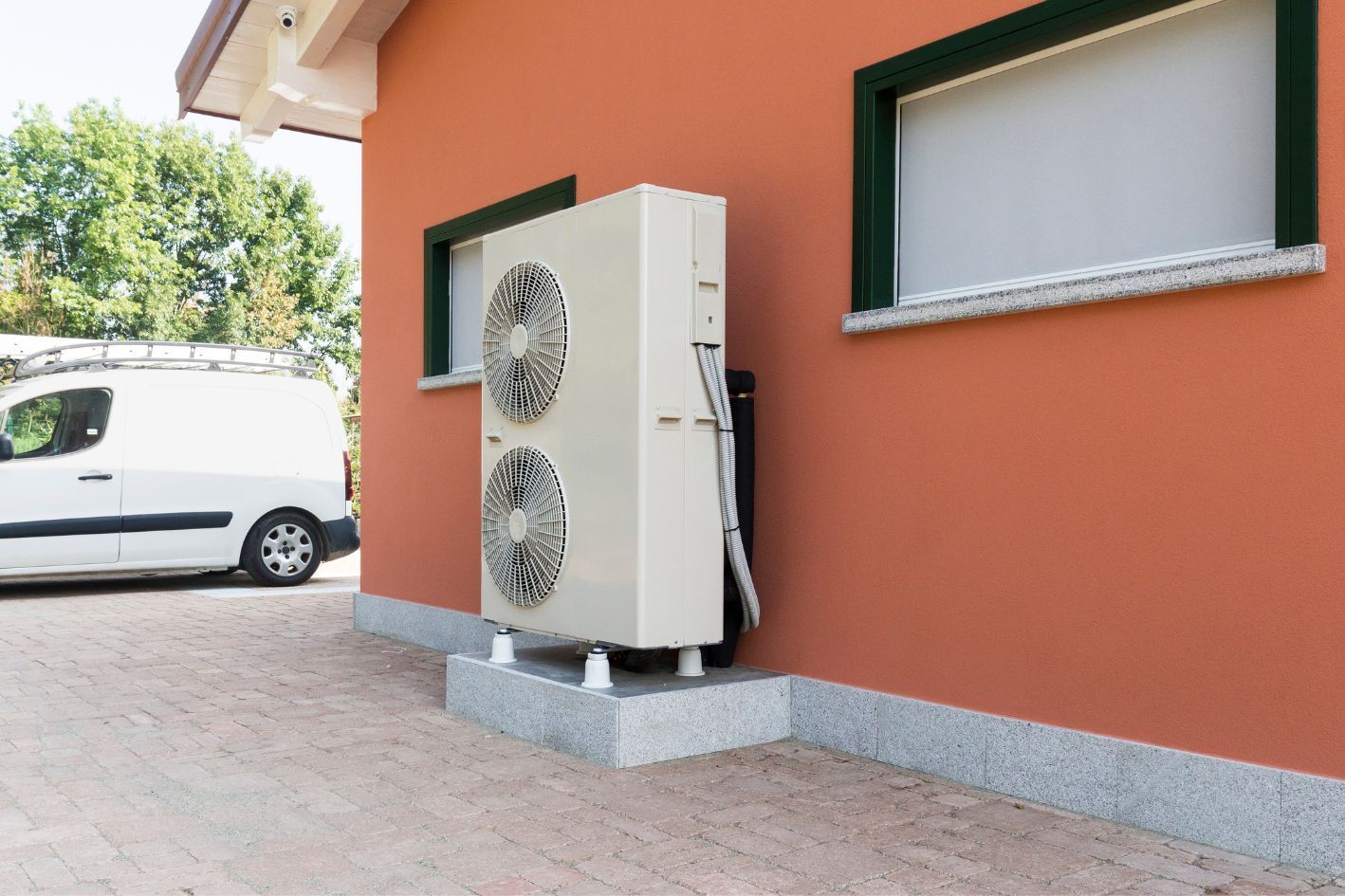How to Conduct a Heat Loss Calculation for Air Source Heat Pump Sizing
Methods for Calculating Heat Loss in Air Source Heat Pump Sizing
The Compatibility Question
Many homeowners
considering the switch to air source heat pumps
face a common concern: “Will my existing radiators work with a new heat pump system?” The good news is that in most cases, the answer is yes.
Heat pumps can indeed work effectively with traditional radiator systems, though some considerations are essential for optimal performance.
Understanding How They Work Together
Air source heat pumps extract heat from the outside air and transfer it indoors to heat your home. Unlike conventional boilers that operate at very high temperatures (70-80°C), heat pumps typically work most efficiently at lower temperatures (35-55°C). This difference is key when considering compatibility with your existing radiators.
Traditional radiators were designed to work with high-temperature systems. However, this doesn’t mean they can’t function with
heat pump technology. The efficiency depends on several factors:
Making Your Radiators Heat Pump Ready
Radiator Size Matters
Larger radiators offer a greater surface area for heat transfer, making them better suited for the lower operating temperatures of
heat pump systems. In some homes, existing radiators may need to be replaced with larger models or supplemented with additional units to maintain comfortable room temperatures.
Insulation Is Essential
Proper home
insulation has a significant impact on how well your radiators work with heat pumps. Well-insulated properties retain heat more effectively, allowing the system to maintain comfortable temperatures even at lower operating levels.
System Assessment
A professional assessment of your current heating system will determine
if your radiators are compatible with a new heat pump installation. Sometimes, simple adjustments, such as balancing the system, can make a significant difference in performance.
The Benefits of Upgrading
Making the switch to an
air source heat pump while keeping your existing radiators (with necessary modifications) offers considerable advantages: reduced energy bills, lower carbon emissions, and reliable heating throughout the year. Modern heat pumps are designed to integrate with various home heating setups, making the transition smoother than many homeowners expect.












